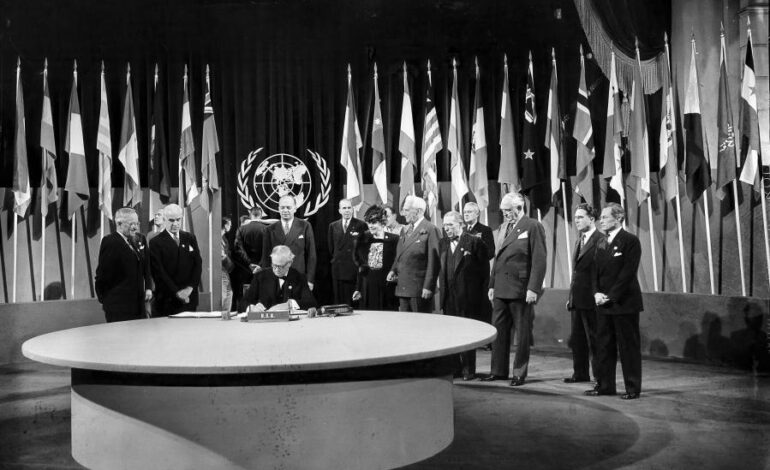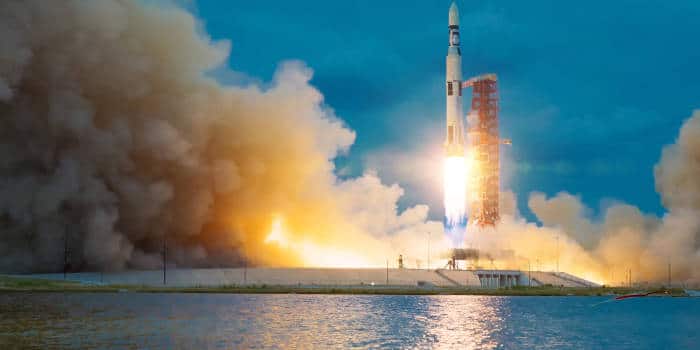UN Faces Challenges: Calls for Reform to Address Global Issues

The future of the United Nations (UN) hangs in the balance as discussions intensify regarding its ability to tackle contemporary global challenges. Observers note that the effectiveness of the UN is increasingly questioned, prompting urgent calls for reform. While the organization has played a crucial role in promoting peace, security, and human rights since its establishment in 1945, its current framework faces scrutiny as issues such as climate change, inequality, and geopolitical tensions escalate.
Reforming the UN for Modern Challenges
World leaders, including UN Secretary-General António Guterres, have highlighted the need for the organization to evolve. Guterres recently emphasized that the UN must adapt to the realities of 2023 and beyond. He stated, “We must go back to the future,” urging a reassessment of the UN’s foundational principles to better address today’s pressing issues.
The UN’s capabilities have been tested by a myriad of crises, from the ongoing effects of the COVID-19 pandemic to the escalating climate emergency. According to a report from the World Meteorological Organization, climate-related disasters have increased significantly over the past decade, underscoring the urgency for a robust international response. The UN’s current peacekeeping operations and humanitarian efforts are also under pressure, with funding shortfalls limiting their effectiveness.
Calls for Action from the International Community
The focus on reform is gaining traction within the international community as member states prepare for the upcoming General Assembly. This assembly is poised to be a pivotal moment for discussing the UN’s role in a rapidly changing world. Many leaders advocate for a more inclusive approach that prioritizes collaboration across nations, particularly in addressing human rights issues and fostering sustainable development.
The 2030 Agenda for Sustainable Development, adopted by all UN member states in 2015, provides a framework for addressing global challenges through collective action. However, achieving its goals requires renewed commitment and resources. The UN’s reliance on voluntary contributions has led to inconsistencies in funding, with some initiatives struggling to secure necessary financial support.
As the UN navigates these challenges, the importance of public support cannot be overstated. Civil society organizations and grassroots movements play an essential role in advocating for reform and holding leaders accountable. By engaging citizens globally, these groups can amplify the call for a UN that truly reflects contemporary needs and aspirations.
The future of the UN is at a crossroads, with its ability to adapt determining its relevance in addressing global challenges. As discussions unfold, the international community must come together to envision a UN that is equipped to meet the demands of an increasingly interconnected world. The next steps taken by member states will be crucial in shaping the organization’s trajectory for years to come.






